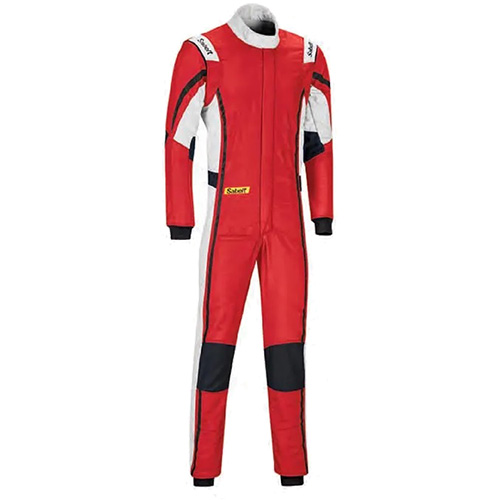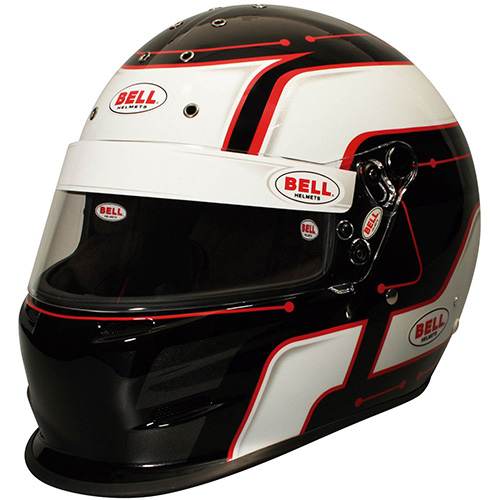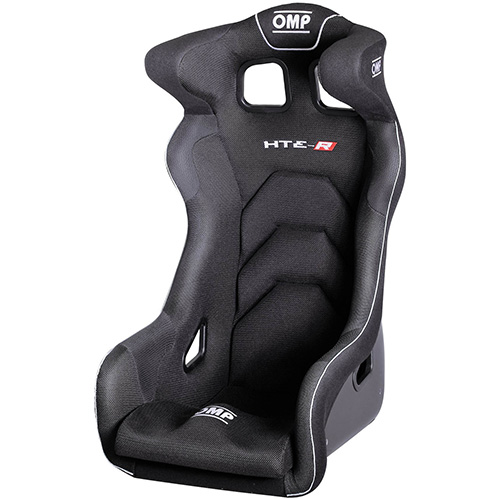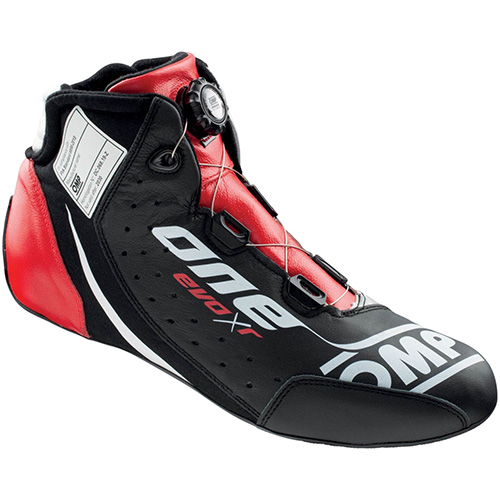GM’s Next Big SUV: Why Should We Expect Efficiency?
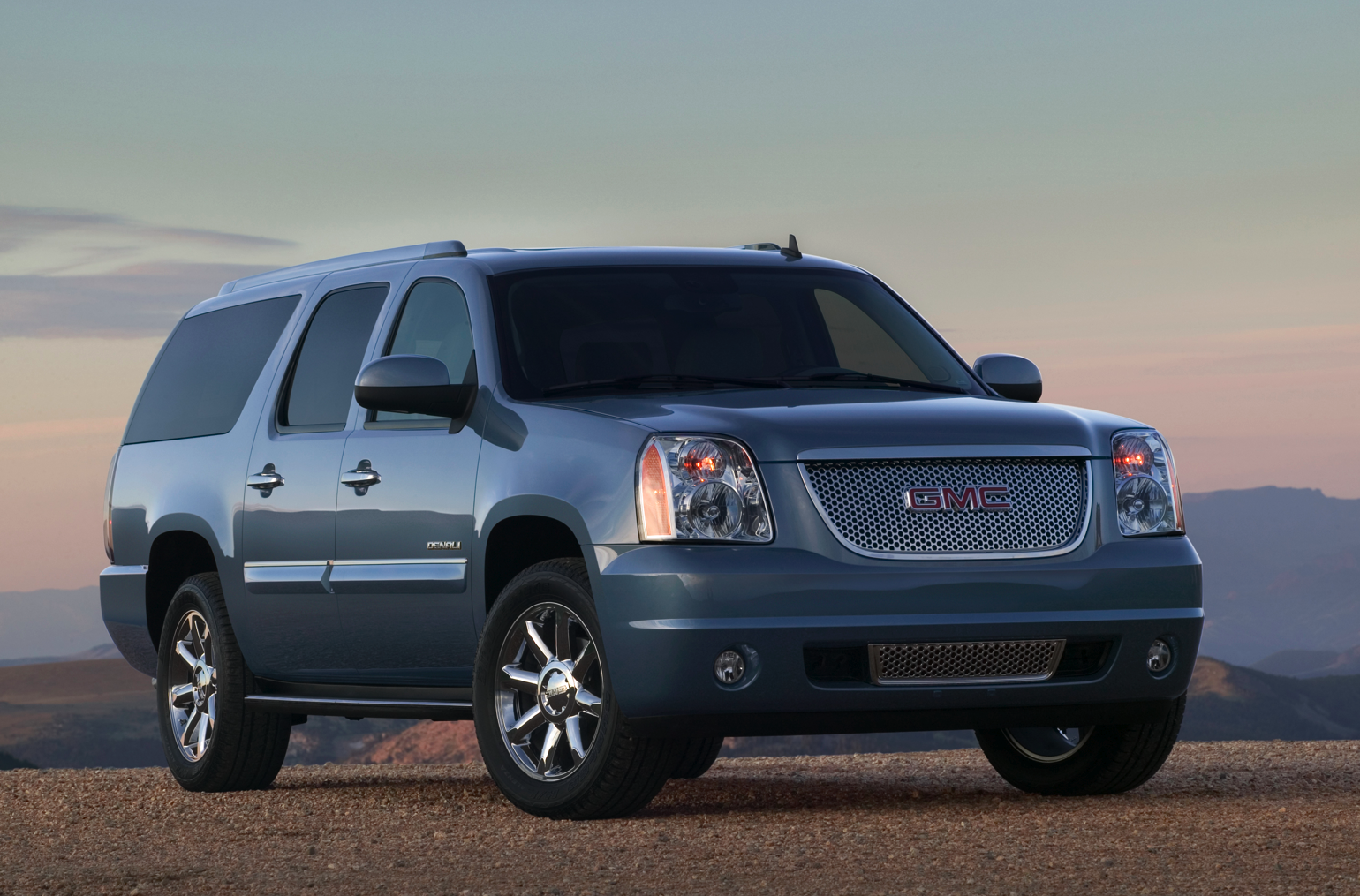
There is a special kinship between those who drive well and those who travel well. But it’s not based on a shared desire for freedom or mobility. It’s not even a mutual passion for exploration. It comes down to the eventual realization that excess weight, expressed as anything carried without cause, is our enemy. That enemy is what binds us, and we’re willing to give up creature comforts to rid ourselves of our earthly trappings. We will compromise in order to maximize the things that are really important. Whatever isn’t weight is only there because we need it.
You’ll likely find it revolting that I’ve never been prouder of my lean self than I was recently—putting 1214 miles on a 2011 GMC Yukon Denali XL. Curb weight: 5636 pounds. Miles per gallon: between 13 and 14. But, I managed to reach out and grab the one asterisk that sits on top of every large-vehicle stupidity debate: I was carrying five guys, a weekend’s worth of food and supplies, and had some heavy towing to do.
With a work order like that, there isn’t another class of vehicle to do the job. It’s full-size SUV or nothing (our towing needs put us out of minivan territory). Nothing, of course, unless you ditch the towing and split the task across two more reasonable vehicles that would, no doubt, make for much smarter transportation the other 51 weeks of the year.
But people rarely do that with cars. Most don’t plan for the average, fat part of the curve of their lives. They plan for the edges. And is so often the case, the vehicle is considered in light of every worst-case scenario imaginable, making the Yukon and others like it the poster children of doomsday. Consider the Yukon in terms of cargo volume, towing rating, passenger density, four-wheel drive, and even fuel range. Other than efficiency and driving dynamics, almost every aspect of the vehicle is outsized beyond normal usage.
Last week when I asked Emily, a Yukon owner from Fresno, California, why she liked her 2010 Denali, she told me, "It does everything I need in one car."
Just One
In the travel world there is a movement underfoot by those in the know to consolidate into a single bag while traveling. This "One Bag" philosophy has sprouted a cottage industry of less-is-more forums, packing experts, and websites, all dedicated to explaining why carrying two bags is for the plebs. The ethos is remarkably similar to a Winding Road driver’s viewpoint: remove everything that isn’t necessary, and even a few things that are. Make compromises in the interest of reducing weight and you will be rewarded. You really will go faster.
 One particular bag, the Red Oxx Air Boss, is emblematic of the movement. Built in Billings, Montana and co-designed with OneBag.com founder Doug Dyment, it is either the Lotus Elise or GMC Yukon of world travel. It can carry two weeks of clothes and gear (packed very carefully), withstand the rigors of exploration (Red Oxx was founded by former military riggers), and fit in an airplane luggage compartment. It costs $225.
One particular bag, the Red Oxx Air Boss, is emblematic of the movement. Built in Billings, Montana and co-designed with OneBag.com founder Doug Dyment, it is either the Lotus Elise or GMC Yukon of world travel. It can carry two weeks of clothes and gear (packed very carefully), withstand the rigors of exploration (Red Oxx was founded by former military riggers), and fit in an airplane luggage compartment. It costs $225.
One of the things you won’t find on the Air Boss are wheels. One-baggers consider them extraneous, preferring a stretchy shoulder strap for quicker (and cleaner) getaways. It’s one of the many things you’ll give up if you buy an Air Boss.
Nick Parish, North American editor of the trend-watching magazine Contagious, recently came to San Francisco and we met for lunch at the Ferry Building. Straight from the airport, he greeted me with a handshake and the 20-pound thud of his Air Boss hitting the floor.
“This bag is absolutely bulletproof,” he said. “It’s so well designed it feels natural for a quick swing across the country for a few workdays or an extended trip.”
After learning more about the Air Boss, it struck me that for some pursuits, what’s compromised might not be a compromise at all. Nick doesn’t need wheels for his luggage, but I can’t imagine my 68-year-old mother opting for one. Emily, the Yukon driver from Fresno, really doesn’t care about efficiency or dynamics. Her Yukon was her one car that did everything she needed.

(photo credit: Reilly Brennan)
Be Good At What You’re Good At
With this in mind, it’s easy to see why a vehicle like the Yukon really never “needed” efficiency. It simply wasn’t on the work order. Its core capabilities were above and beyond its other “limitations,” which in the case of Emily and a few hundred thousand buyers, were never really seen as limitations at all. They were just part of how the thing worked, part of its operating agreement.
The breaking point for a vehicle like the Yukon is that, eventually, there are buyers who will move efficiency into the necessity column. It’s a sliding scale that tends to get serious at $4 per gallon and starts getting progressively sober with every cent upward. Air Boss travelers, however, are likely to never want wheels, unless they, too, become 68-year-old mothers.
The issue that GM faces with its replacement for the now-dated Yukon (and Tahoe, Suburban, and Escalade, in addition to the full-size truck range, all of them running on the five-year-old GMT900 platform) is that it’s clear GM will be moving in a more efficient direction with the next generation of vehicles. Company insiders have said as much. Some are reporting the next full-size SUVs will ride on the company’s smaller Lambda platform.
That worries me. The next full-size SUV from GM will, by dint of automotive progress and innovation, prove to be more efficient, yes. But it shouldn’t lose sight of the fact that efficiency is not why people buy them. They buy them because of a constellation of qualities that have near nothing to do with miles per gallon. In fact, the number one reason families buy large SUVs is cargo capacity, followed by comfort and convenience features, then spaciousness (CNW, “Attributes Among Families” Study 1062). You won’t find fuel economy on the list at all because it’s not even in the top 10.
So, if you were GM, how would you balance that customer against the belief that efficiency could become more important? Would you cut a little capacity in the name of saving fuel?
Actually, I’d recommend going in the opposite direction: amplify and improve the reasons the Yukon and its brethren are so good. Give it more spaciousness (the Lincoln Navigator L is bigger—by an inch). More convenience features (fold-into-the-floor third row would be nice). More power (the 352 horsepower, 382 pound-feet, 6.0-liter V-8 could be more powerful). More durability. Make it even more of a Yukon, not less of one. It might even gain size and weight. If it held the line on efficiency or picked up a meager amount—say 10 percent—that would be a net gain. It would have to strive to become the best damn large SUV out there, for all the right reasons.
Excess weight is anything carried without cause. In the case of the Yukon and its siblings, efficiency is weight.
Brands tend to deteriorate when they look outside themselves too much. It will not be a lack of innovation that kills GM’s full-size SUVs, it will be a lack of focus.
Reilly Brennan, former editor of Winding Road, is working on a new project called Carmagnum.com that’s coming soon.
